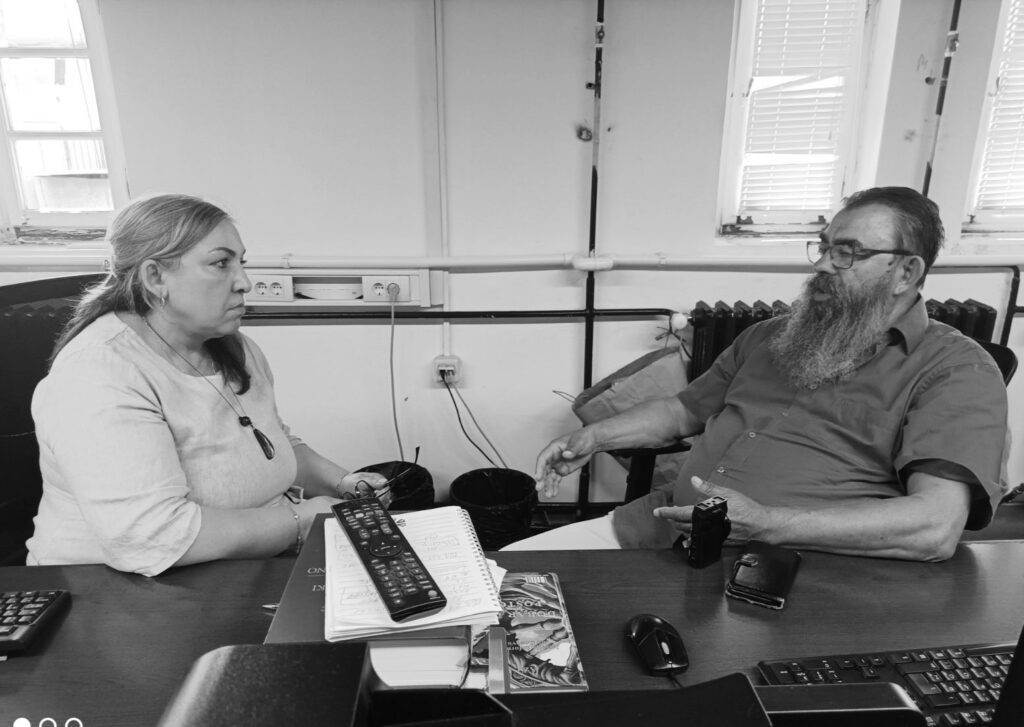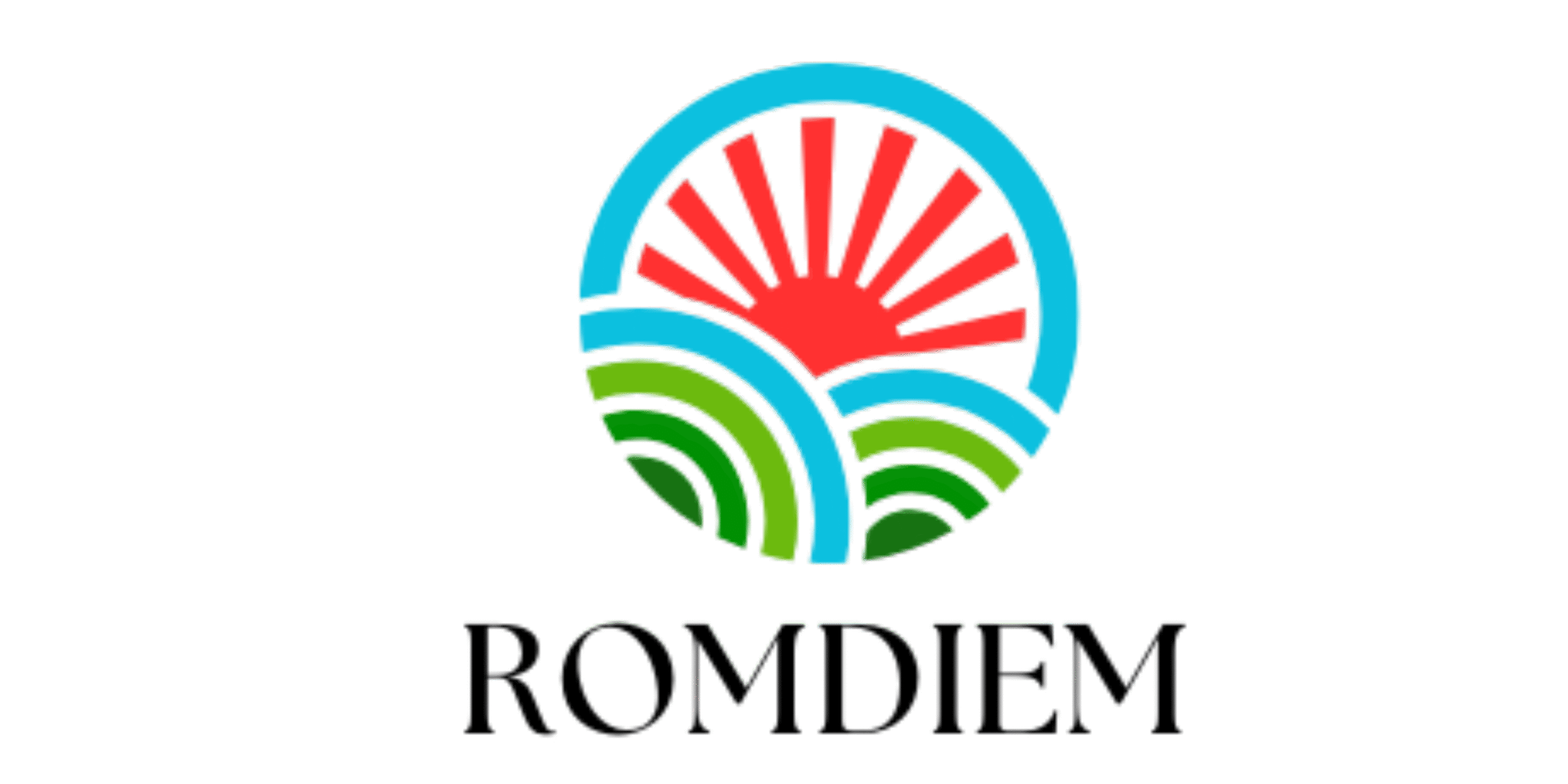
🕯️ In Memory and Honor: A Final Interview with Prof. Dr. Dragoljub Acković
With deep sadness, we share an interview conducted on Monday, June 23, 2025, as part of the ROMDIEM Project, featuring one of the most important Roma intellectuals and historians—Prof. Dr. Dragoljub Acković. This conversation, now made even more meaningful in light of his passing, stands as a powerful testimony to Roma history, memory, and the unrelenting pursuit of truth.
We publish this interview in remembrance and with deep gratitude—for all that Prof. Acković did for the Roma people, for history, and for truth.
🎤 A Voice for the Voiceless: Prof. Dr. Dragoljub Acković
Name: Dragoljub Acković
Title: Professor, Romani Studies Scholar
Interview Date: 23/06/2025
Location: Belgrade
Conducted by: Una Beriša
Prof. Acković was one of Serbia’s most prominent Roma intellectuals and historians, known for his lifelong dedication to researching the Roma experience during the Second World War. As a scholar, public advocate, and member of commissions such as the Old Fairground Memorial Initiative, he brought unparalleled insight and conviction to the fight for Roma recognition and remembrance—especially within the ROMDIEM Project.
In this interview, Prof. Acković speaks with clarity, emotion, and urgency about the institutional neglect and systemic marginalization of Roma victims during the Holocaust—known within the Roma community as Samudaripen, meaning “the mass killing” or “killing of all.”
📚 Testimony and Truth
Prof. Acković offers a deeply personal and historically grounded critique of the widespread silence surrounding Roma suffering. He challenges the official narratives, questions minimized death tolls, and demands the inclusion of Roma voices in European memory culture.
He emphasizes that:
- Public awareness of Samudaripen is nearly nonexistent in Serbia and many other countries.
- Roma victims are systematically excluded from mainstream historical narratives.
- Numbers are underreported—Acković asserts that nearly 2 million Roma were killed, not the often-cited 250,000.
- No proper memorials or educational curricula exist to honor Roma victims.
He also reflects on the intergenerational trauma and cultural erasure that followed, noting that many Roma families, including his own, never spoke about their losses. His own father, a survivor, remained silent—like many others.
🏛️ A Call for Action
Prof. Acković passionately advocates for:
- A dedicated Roma Holocaust museum at the historic Sajmište site in Belgrade.
- A textbook on Samudaripen for schools.
- Comprehensive victim documentation and properly marked memorials.
- Inclusion of Roma voices in historical and educational institutions.
He warns that without concrete institutional changes, symbolic gestures will remain hollow. He also expressed cautious hope in the ROMDIEM Project, calling it a potential platform for systemic transformation.
📣 Direct Quotes from Prof. Acković
“They were bargaining over a Serb—whether to give eight or nine Roma. This is what we must remember.”
“My research shows that around 2 million Roma were killed, not 250,000 as Gadzhe researchers claim.”
“Samudaripen means to kill all. We too have the right to name the suffering of our people.”
💔 A Final Farewell
This interview was a rare and vital moment of truth—a mix of scholarship, personal experience, and fearless moral clarity. Prof. Acković did not shy away from naming uncomfortable realities, including the complicity of local actors. His voice was clear: Roma memory must be preserved, respected, and taught.
It is difficult to hear stories of such injustice, silence, and loss. Yet, thanks to Prof. Acković’s courage, this truth is now recorded and shared.
His legacy lives on through ROMDIEM and through all of us who continue the work of remembrance.
Rest in peace, dear teacher and warrior of truth.

